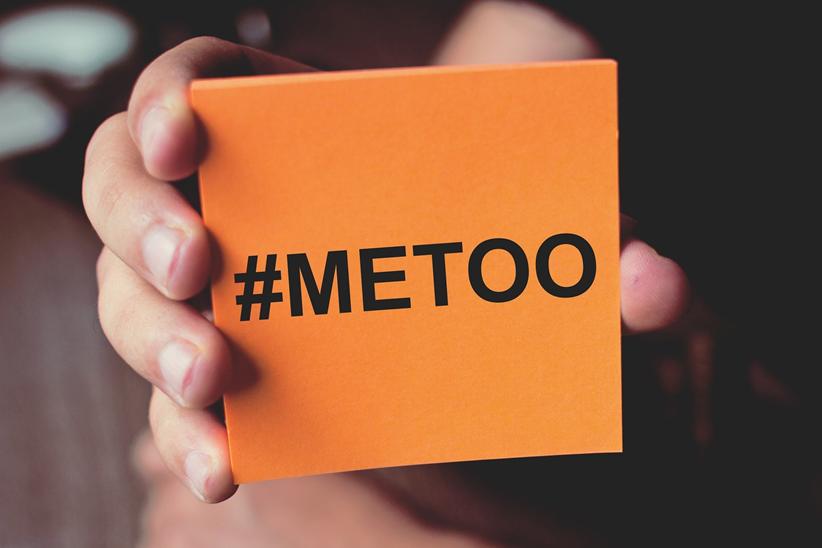Creating Safeguards

For the past 18 months, OPERA America, the American Guild of Musical Artists (AGMA), and the Federal Mediation and Conciliation Service (FMCS) have been working together as a National Joint Anti-Harassment Task Force to establish anti-sexual harassment guidelines and related protocols for American opera companies. Professionals from across the industry participated in the task force, which wrapped up its phase-one work in September and has now moved into phase two.
Performers do not have a typical workplace, and that has made sexual harassment a challenging problem for the arts. Acting requires people to role-play and exist in a fantasy world. Performers must flirt, frolic, and fall in love on stage, and it can be challenging to separate fact from fiction offstage. People are living on the road and in hotel rooms, and that can lead to loneliness and put people in vulnerable positions. Employment is temporary, and even if several individuals make an accusation against a coworker, there may not be a human resources department to address that claim — plus the harasser will simply move on to their next gig.
While these issues have existed for a very long time, the high-profile cases against people such as Harvey Weinstein and Kevin Spacey made it impossible to continue to turn a blind eye toward the idea that “anything goes” backstage. OPERA America was eager to step into a leadership role and begin to develop protocols to stop harassment from happening and help victims heal.
During phase one, participants dove into the complex issue of sexual harassment and generated ideas about how to combat it before, during, and after it occurs. One group focused on creating an education and training program to identify problematic behavior and stop harassment before it happens. A second team discussed protocols for confronting and interrupting harassment while it is occurring. The third committee worked on developing a process of reporting and remediation after harassment happens.
According to OPERA America President/CEO Marc A. Scorca, who serves on the task force’s leadership team, the main goal of phase two will be to turn ideas into action. “We will spend the initial part of phase two developing the whole training component even as we lay the groundwork for strategies to interrupt and report, and then recover and remediate. We have set this summer as the time when we will start testing our training protocols.”
Annie Burridge, general director and CEO of Austin Opera and co-chair of OPERA America’s board of directors, is enthusiastic about developing industry-wide anti-sexual harassment guidelines and training. “Most opera companies had harassment policies that were revisited and made much more specific during the #MeToo movement,” she says. Providing broad guidelines rather than a patchwork of different policies at various companies, and introducing “meaningful training so that everyone knows what a positive, consent-seeking working culture looks like and doesn’t look like” will make a big difference for company staff and artists.
Aaron Sanko, managing director of UIA Talent Agency, attributes the persistence of sexual harassment in the opera sector to the transient nature of working on productions at different companies. “Tracking behavior between producing entities has always presented a high level of challenge,” he says. “One of the ideas that came up was that we treat sexual harassment prevention along with antiracism, anti-homophobia, and anti-sexism training as a certification process that everybody needs to maintain to continue working in the field, and to make it a condition of employment.”
The task force’s work, which began before the onset of COVID-19, hit a speed bump when former President Trump issued an executive order prohibiting the use of federal funds to support diversity training. This program fell under that order, so the FMCS was forced to abandon its role as a mediator. However, the Biden Administration rescinded this executive order, and all of the partners have reaffirmed their commitment to seeing this process through.
Action is indispensable to change, and “we all have a responsibility to translate outrage and upset into action that improves,” says Scorca. By taking unified, tangible action, the industry stands a much better chance of combating an insidious enemy and safeguarding the well-being of those who bring opera to life.
This article was published in the Winter 2022 issue of Opera America Magazine.

Maria-Cristina Necula
Romanian-American writer Maria-Cristina Necula has written several books and contributes to multiple publications, including Opera News and Classical Singer.





